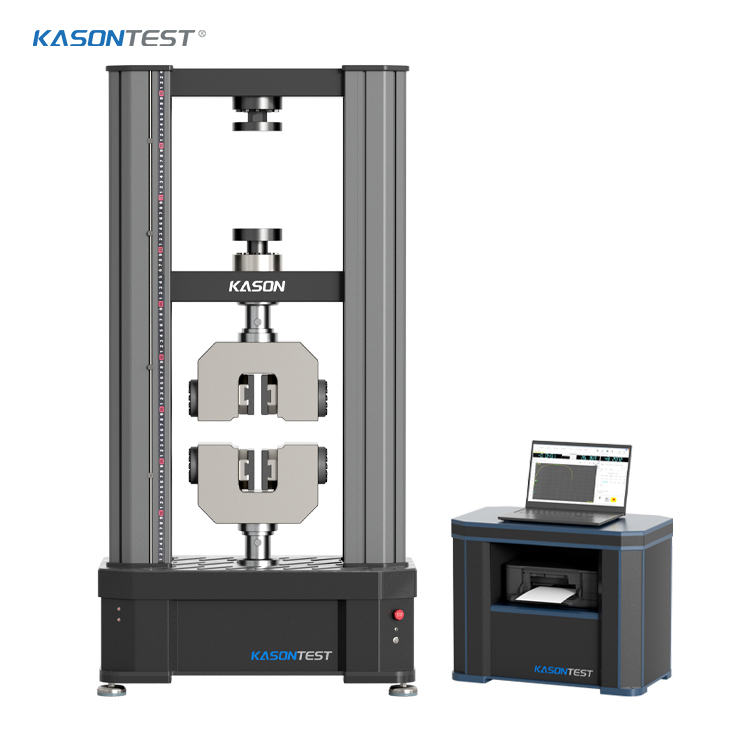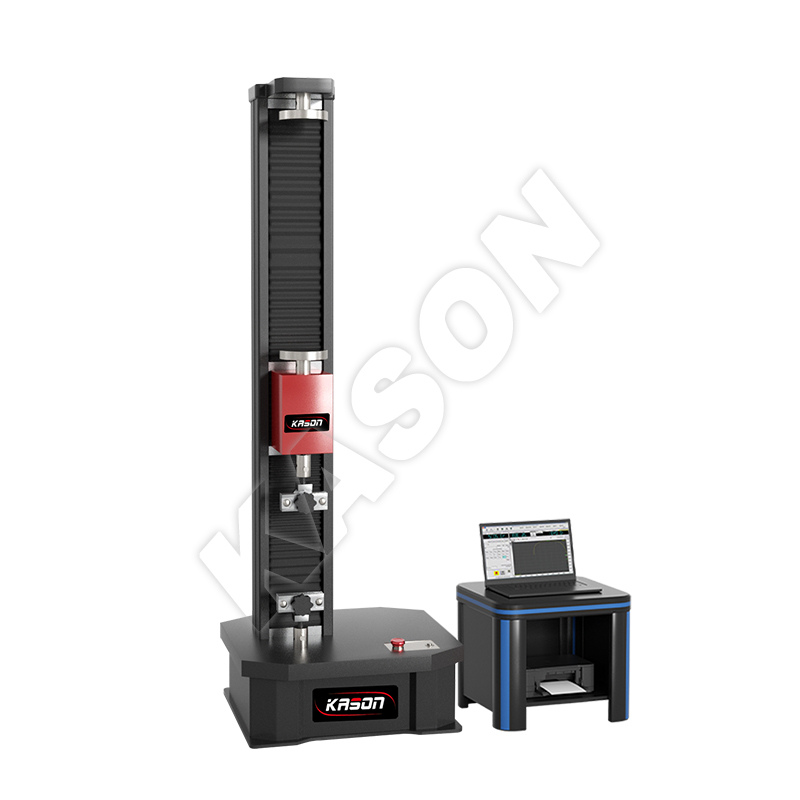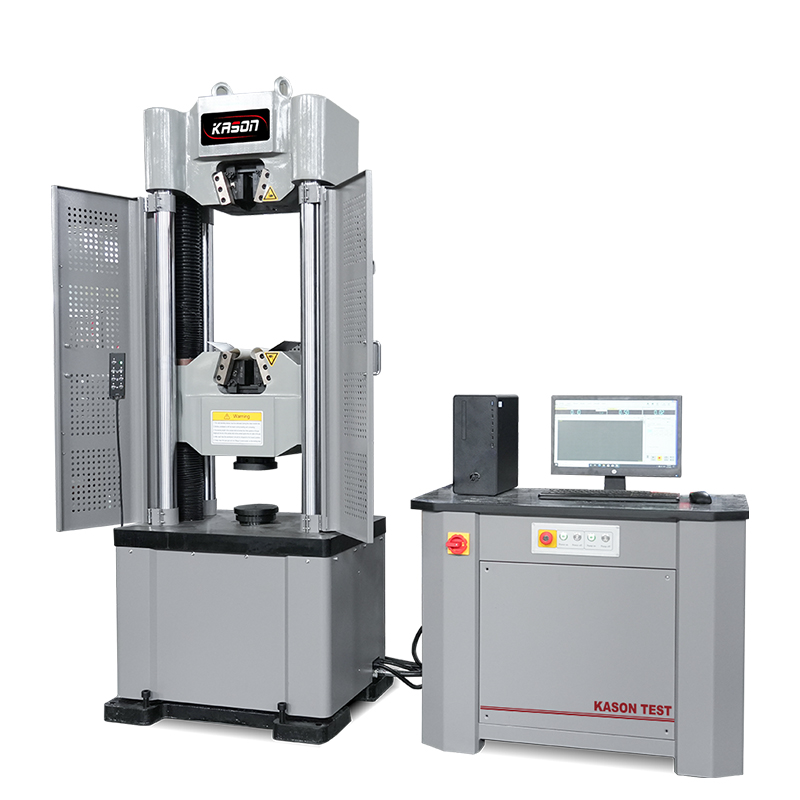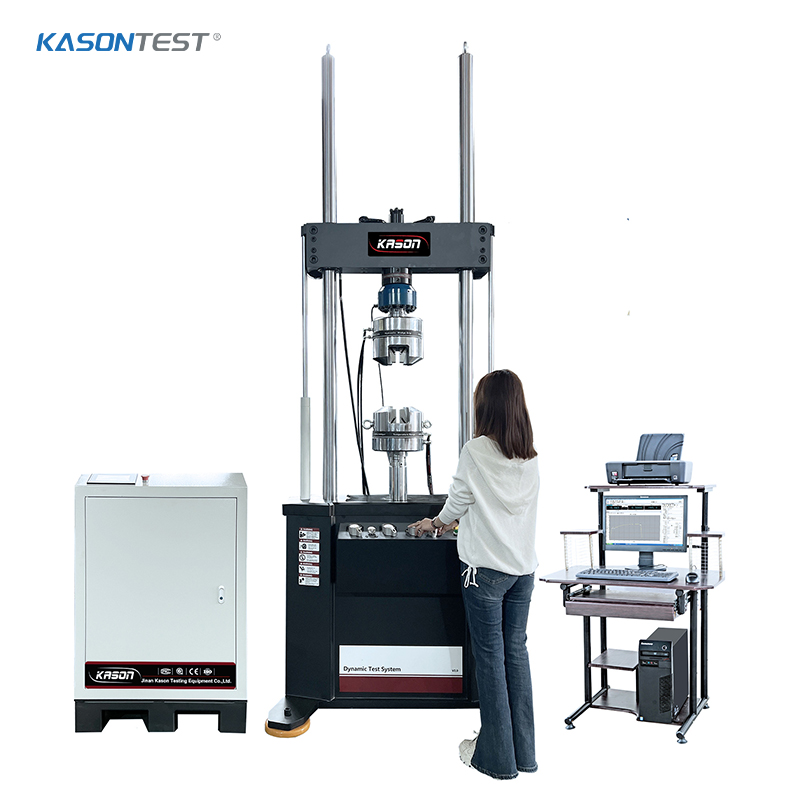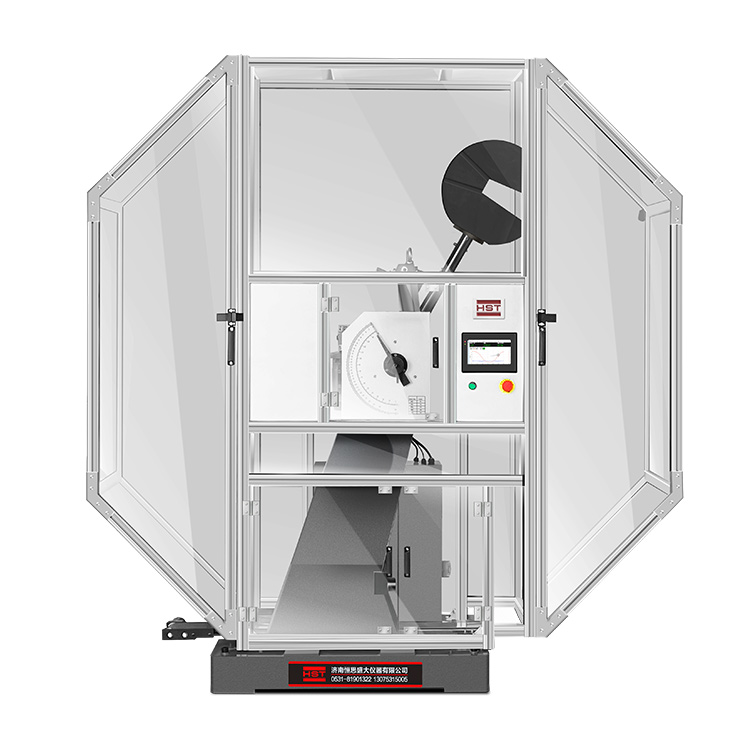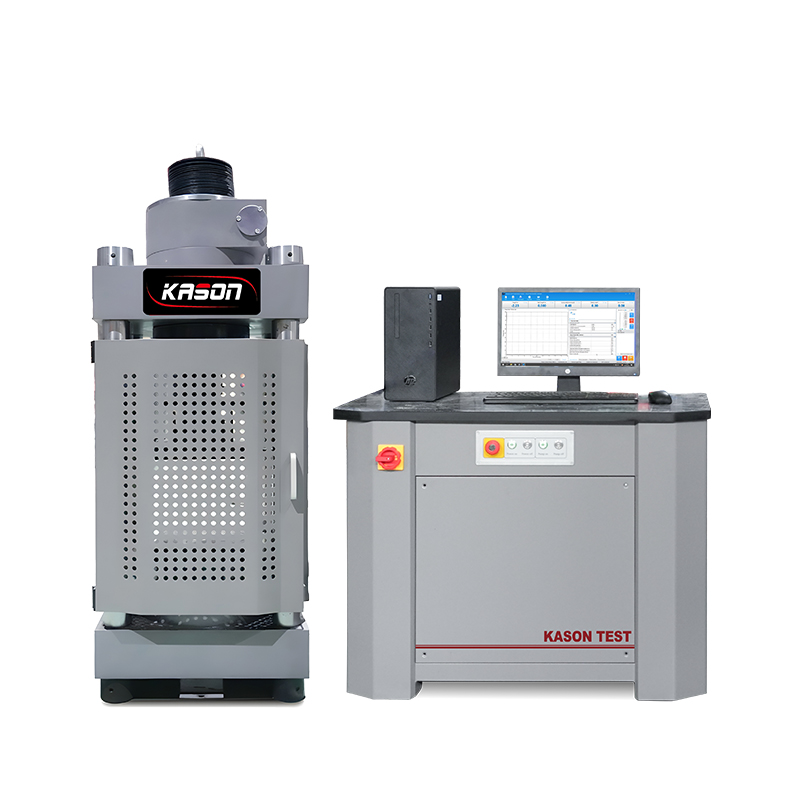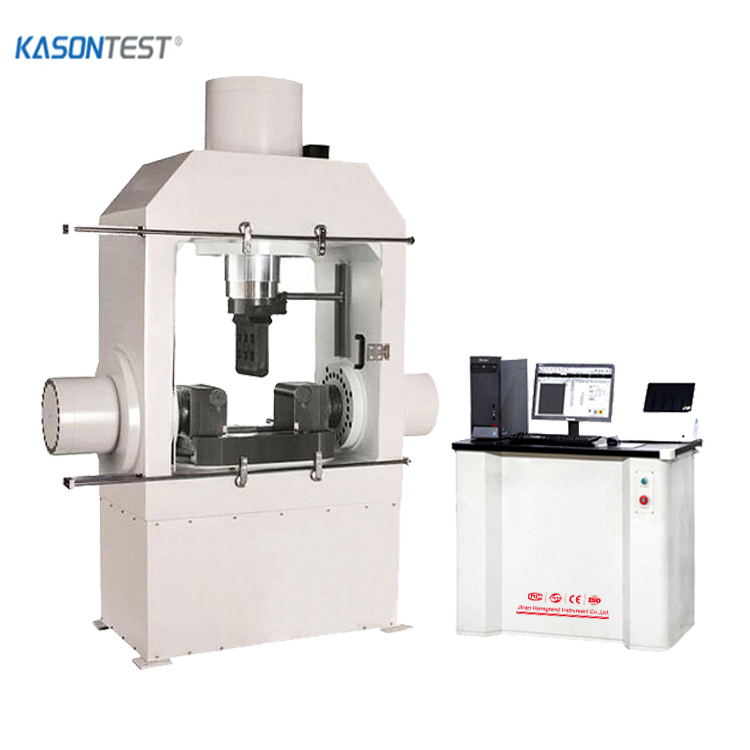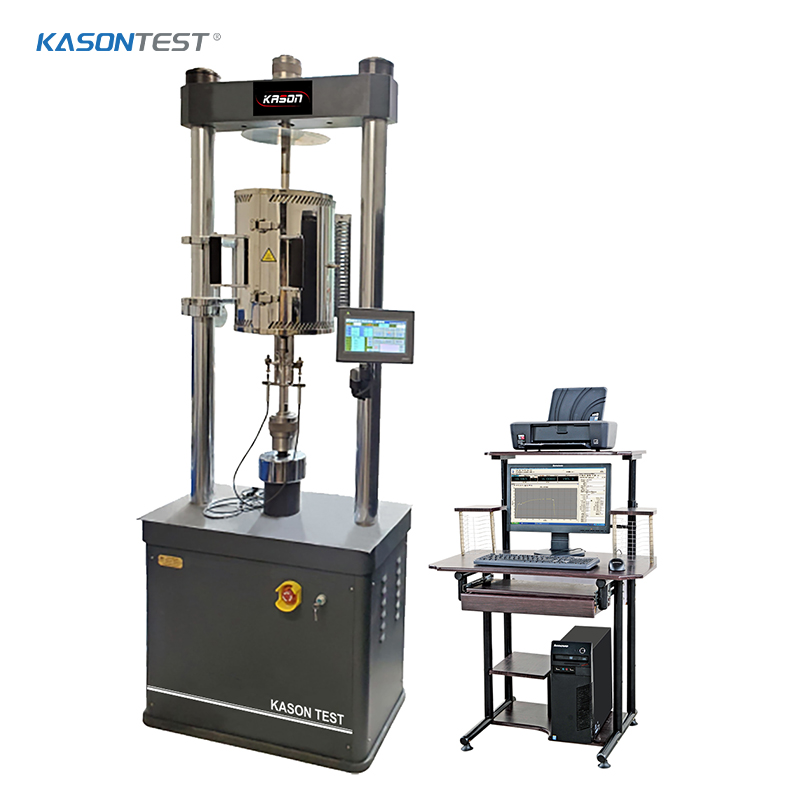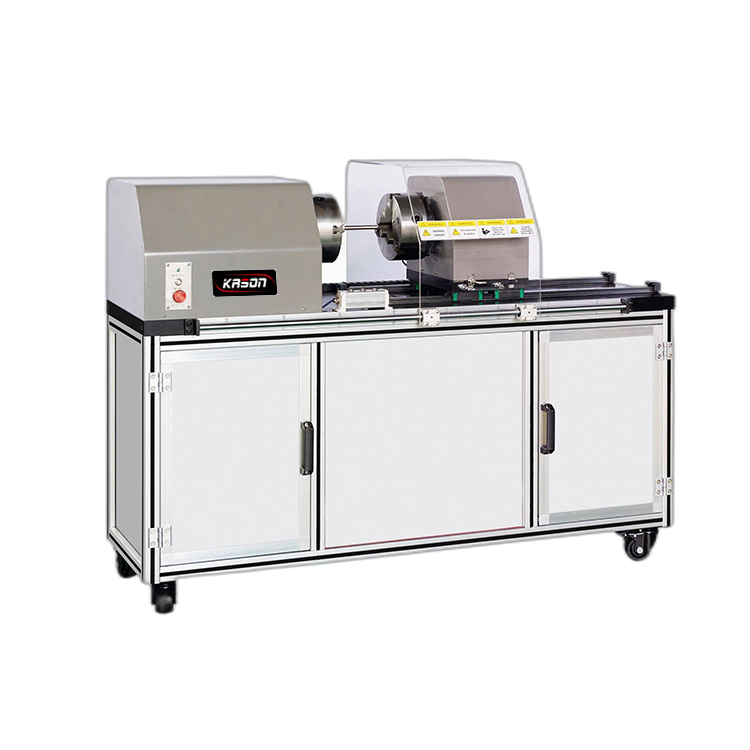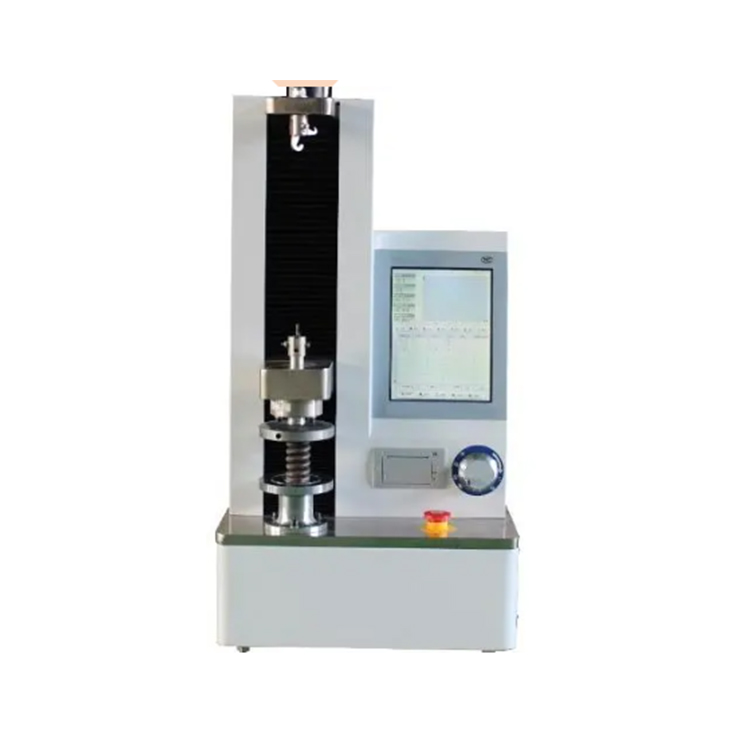ASTM D695 Compression Testing Rigid Plastics
ASTM D695 is a test method used to determine the compressive properties of un-reinforced and reinforced plastics. It is used alongside its tensile test standard equivalent, ASTM D638. Together, ASTM D695 and ASTM D638 assess the fundamental material properties of polymers that are found in every industry and even every household around the globe. In order to fully understand the test setup, procedure, and results requirements, it is important to review the full standard.ASTM D695 obtains the properties of a material's compressive strength, compressive yield point, and modulus. The standard specimen for strength determination is a right cylinder or prism whose length is twice its principal width or diameter. If the specimen is too thin, an anti-buckling support jig should be used to prevent the specimen from buckling.
Depending on the maximum expected forces, ASTM D695 can be performed on either a single column or dual column universal testing machine.
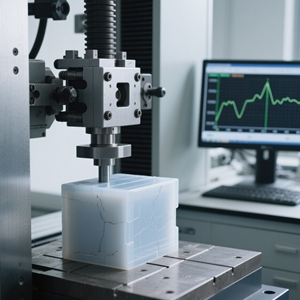

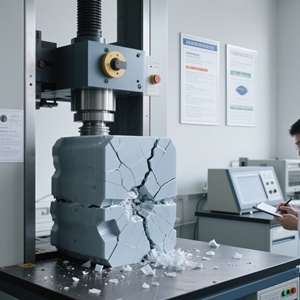
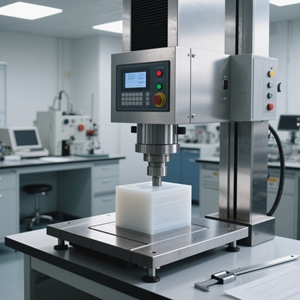
Depending on your application, the following accessories are commonly used for ASTM D695 testing:
upper compression platen with integral spherical seat (diameters vary from 2" to 8”)
lower rigid platen of matching size
2601-04X series LVDT (linear displacement transducer)
LVDT mount for platens (2601-071)
Beyond the typical ASTM E4 verification to ensure accurate force data, D695 also requires an ASTM E83 Class B-2 extensometer to measure compressive strain. A popular strain solution is linear displacement transducer. A more advanced strain solution includes a non-contacting extensometer.
Compression platens with integral spherical seats are ideal for ensuring platen to platen parallelism, which is a requirement of the standard.
If the specimen is too thin, an anti-buckling support jig should be used to prevent the specimen from buckling.
If reporting the modulus calculation, make sure the extensometer and load cell are both verified in the range that the calculation is being made. Labs sometimes unknowingly report calculations outside of the verified range of their devices.
ASTM D695 is included in the Plastics test method suite available in Bluehill Universal.
If direct strain measurement and conformance to ASTM E83 Class B-2 is not required, compliance correction should be used to remove the system’s compliance from the crosshead displacement data. Please review the compliance correction whitepaper for more details.

